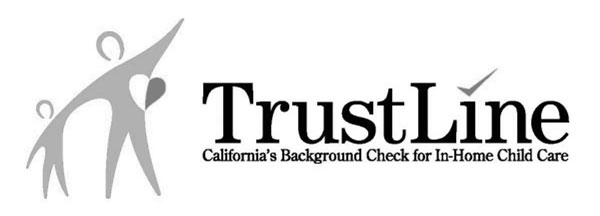Bringing someone into your home to work requires careful planning and a thorough interview process. You’ll need to do your research ahead of time to ensure you have narrowed down your top candidates for an interview.
It’s all about asking the right questions and getting to know the person as much as possible.
Preparing for Interviews
Knowing how to interview household employee candidates effectively will allow you to make the right hiring decision.
Do Your Research
Look closely at each candidate’s resume and see if there are specific things you want to ask more about. This is the time to have them explain their previous jobs and learn more about what they are passionate about.
Contact All References
It’s also important to call references listed on the resume. This gives you a true glimpse into the candidate’s personality and their professionalism. Don’t be afraid to ask direct questions when you talk to a listed reference, either.
For example: consider asking how they handled conflict or a stressful situation, or ask them to describe the candidate’s primary strengths.
It is important for you to have a well-rounded view of the individual to ensure they are the right fit for your household.
Key Questions and Red Flags
After determining what household duties you need help with, it’s time to make sure your candidates have the skills and experience you’re looking for.
Prior Experience
Talk about their prior work experience and ask them to provide an example of work they’ve done in the past that demonstrates a specific competency or skill in the area you’re looking for.
Some employers even let the potential candidates know what their interview questions are ahead of time – that way, they might feel more comfortable and willing to share more during the interview.
It’s also important to ask about real-life situations. No two households are the same and that means no two days are the same either.
Describe the home’s dynamics to your candidate and pose some potential scenarios that they may have to deal with. This gives you the chance to discern how they would react to or process specific situations and see if it’s in alignment to what you envision for your home.
Role Specifics
Be sure to ask questions that relate directly to the position you’re hiring for. In addition, ask some questions that link into the climate of your home and the unique needs that you have there.
- If you desire a candidate that will collaborate closely with you, ask for instances when the person has worked in a team and how they accept feedback.
- If they will be more self-directed in their role, ask about a time where they had to take initiative on a project, or how they find inspiration and motivation each day.
Red Flags
There are some basic red flags to look for when you are interviewing a potential household employee candidate.
First, the candidate should come across as professional and organized. If they come into the interview looking disheveled or are disrespectful in their comments, take note.
The candidate should also make good eye contact and be prepared with some questions about the role. If they seem agitated, annoyed, or defensive about any of your questions, this could indicate that they don’t value you, the job, or your home.
Personality Assessments
Structured personality assessments can provide valuable insights into a candidate’s traits, work style, and potential fit within your home environment.
Professional assessment tools like the Big Five Personality Test, DISC assessment, or emotional intelligence evaluations can offer standardized measurements of key characteristics such as conscientiousness, adaptability, and interpersonal skills.
These assessments typically present candidates with multiple-choice questions or scenarios, generating detailed reports that highlight their behavioral tendencies and working preferences. They can also help identify potential areas for discussion during interviews and flag any characteristics that might need further exploration.
Requesting the Assessment
When asking a candidate to complete a personality assessment, frame the request professionally as a standard part of your hiring process.
You might say:
“As part of our selection process, we ask all candidates to complete an online personality assessment. This helps us understand working styles and ensure a good fit for our household. The assessment takes about 30 minutes to complete, and I’ll send you a link via email. Could you please complete this by [specific date]? Please let me know if you have any questions about the process.”
Always offer to address any concerns your candidate might have about the assessment, and be prepared to explain how you’ll use the results. If they seem hesitant, you can emphasize that this is a standard part of your process for all hires and not a reflection on them specifically.
Finding the right person that has the skillset you need for your home might feel like a big job, but our process can make the process incredibly easy. Our pre-employment personality assessment measures personality and problem-solving skills and delivers results that are backed by more than 500 criterion-related validation studies.
Certifications and Trainings
Depending on the type of job you’re hiring for, you may want to interview candidates that have completed specific training or certifications.
For example, nanny candidates often obtain extra certifications or licensures, such as newborn care specialists, while private tutors may have college degrees.
You may want your personal assistant to have completed certain business classes or training on software programs, and you may want your private chef to have completed culinary school or have experience working for a minimum number of years in homes.
Be sure you indicate what particular training or certifications you’d like to see in your candidates, review their resume to confirm they have that completed, and feel free to have them elaborate on those things during the interview.
















